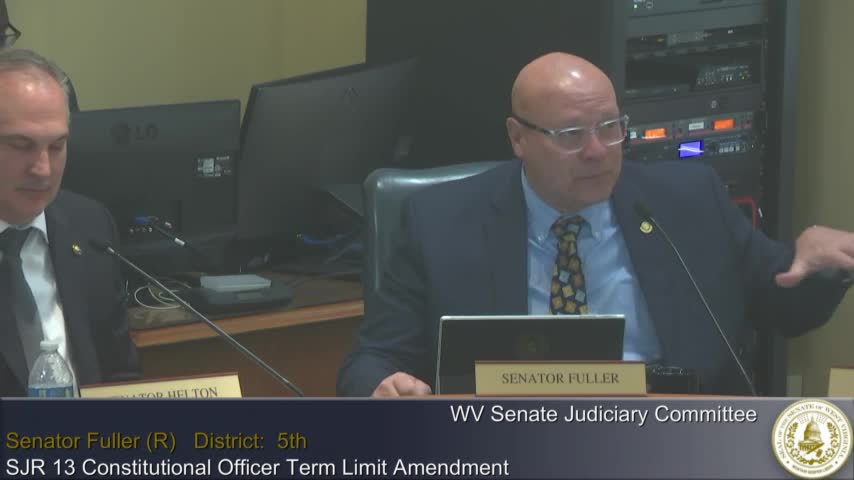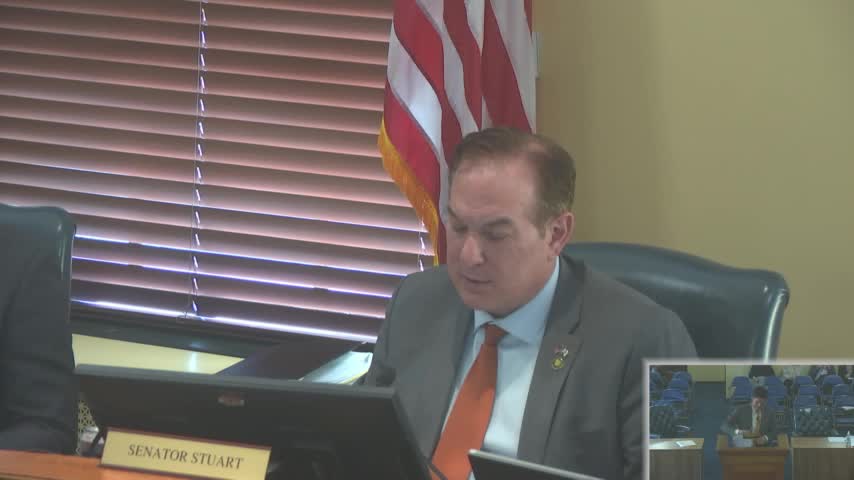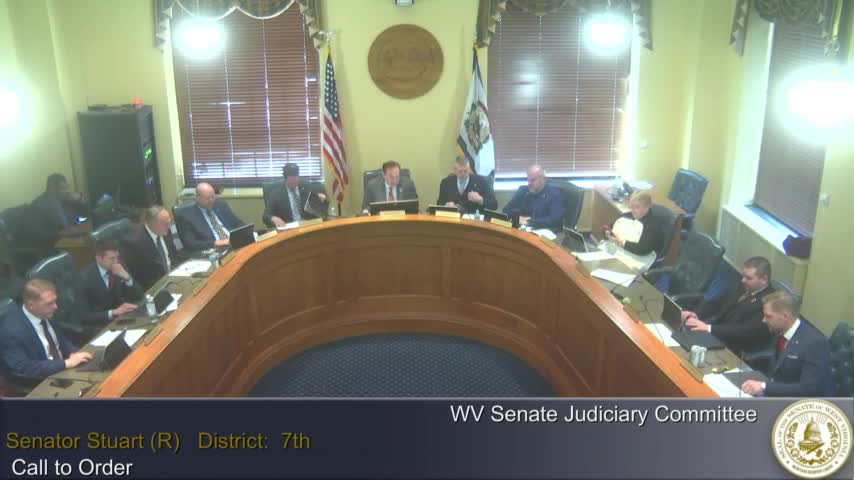Article not found
This article is no longer available. But don't worry—we've gathered other articles that discuss the same topic.

Committee adopts substitute for SB 128 narrowing court-ordered excess payments for adult services

Committee approves Mountain Bike Responsibility Act, shielding for-profit trail operators under conditions

